Music is a great healer. That’s why, it’s time to turn up the volume on those sad songs because listening to sad music might just be the emotional pick-me-up you didn’t know you needed.
Believe it or not, there’s a good reason why so many of us find ourselves drawn to the emotional depths of sad music – and if you are someone who enjoys listening to sad music, the rewards can be surprisingly uplifting.
Sad songs are not just for moping around and feeling sorry for yourself. In fact, studies have shown that they can actually make you feel better.
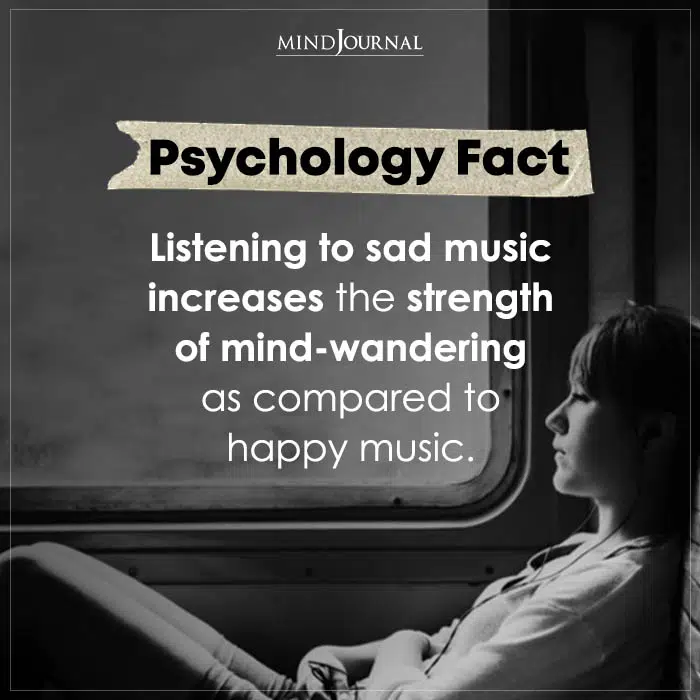
Who needs a therapist when you’ve got a playlist full of Adele and Sam Smith? Right?
Related – If Music Gives You Chills You’re An Emotional Genius, Says Studies
Why sad songs make you feel good
Now you might be thinking. “But wait, won’t listening to sad music just make you even more sad?”
Well, according to psychologists that’s not necessarily the case. In fact, they have found that sad songs make us happy, and can actually have a range of positive effects on our emotions.
First of all, listening to sad music can act as a form of emotional regulation. Basically, it allows you to process your negative feelings in a safe and controlled way. So instead of wallowing in self-pity, you’re actually working through your emotions and coming out the other side feeling better.
But it’s not just about processing our emotions. Listening to sad music can actually make you feel good. The researchers found that when you listen to sad music, you experience a range of emotions, including nostalgia, peacefulness, and even pleasure.
Well, have you ever cried your eyes out to a sad song and felt oddly satisfied afterwards? That’s what it’s all about.
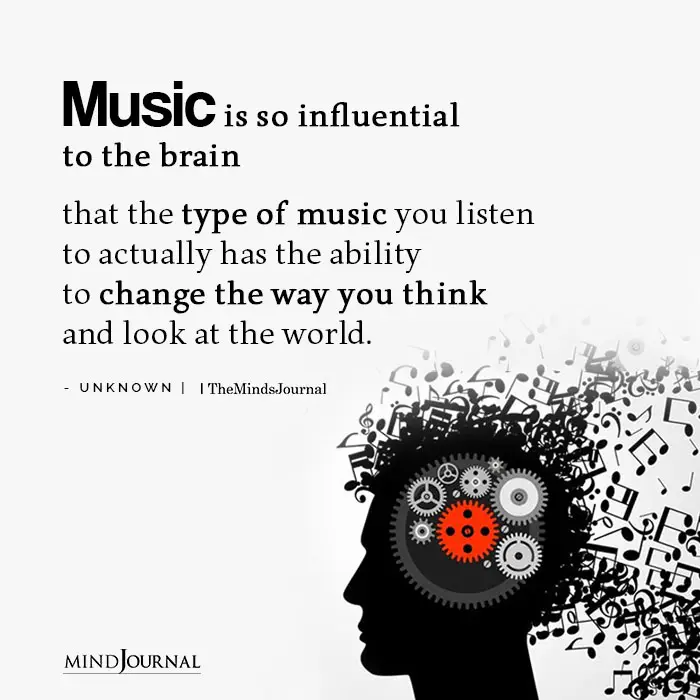
How does listening to sad music help?
Well, it all comes down to the way your brain responds to music. When you listen to music, your brain releases dopamine, a neurotransmitter that’s associated with pleasure and reward.
So even though the music itself may be sad, your brain is still experiencing a pleasurable response. Yes, that’s science!
But there’s more.
Some people love sad music because it can also evoke feelings of empathy and understanding. Wait what?
As you relate to the emotions expressed in the lyrics and melodies, you feel a sense of connection to the artist and other listeners who are going through similar experiences. It’s like we’re all in this together, and that can be a very comforting thought.
Aren’t there any downsides to listening to sad music?
Well, sure, there can be. If you find yourself listening to sad music all the time and it’s affecting your mood in a negative way, then it’s probably time to switch things up.
But as long as you’re not using sad music as a crutch and you’re still able to function in your day-to-day life, then there’s no harm in indulging in a little bit of heartache now and then.
And let’s be real, sometimes we just need a good cry. It’s cathartic, it’s therapeutic, and it’s a hell of a lot cheaper than therapy. So the next time you’re feeling a little blue, why not curl up with your favorite sad songs and let it all out?
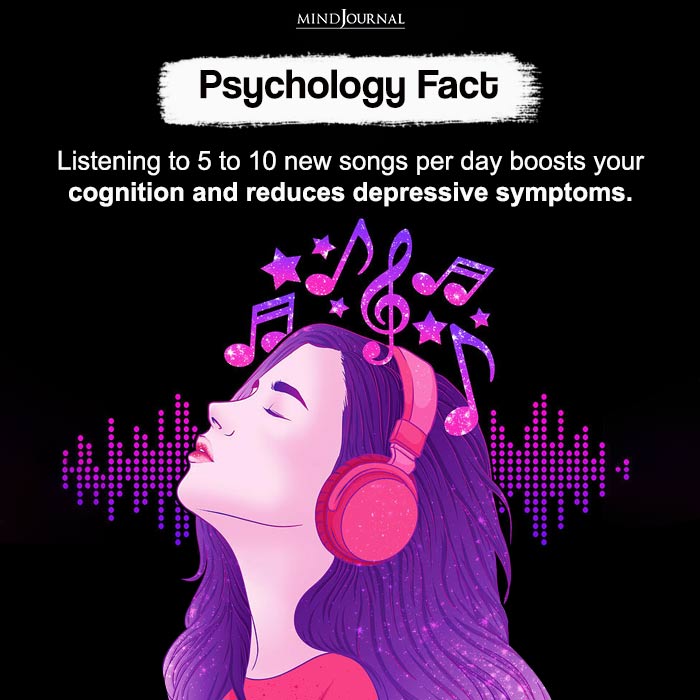
Related – The Healing Power Of Music: How Music Therapy Improves Mental Health
Plug in and peace out
Let’s conduct your own little experiment. Make a playlist full of your favorite sad songs and see how you feel afterwards. Who knows, you might just surprise yourself.
Don’t be afraid to embrace sad songs. It might just be the key to unlocking a whole new world of emotional regulation and pleasure. It just might be the perfect way for you to release your sadness and welcome some happiness back into your life.
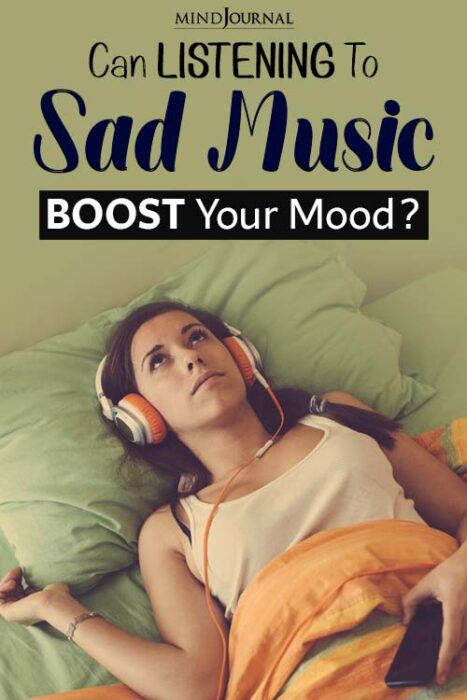
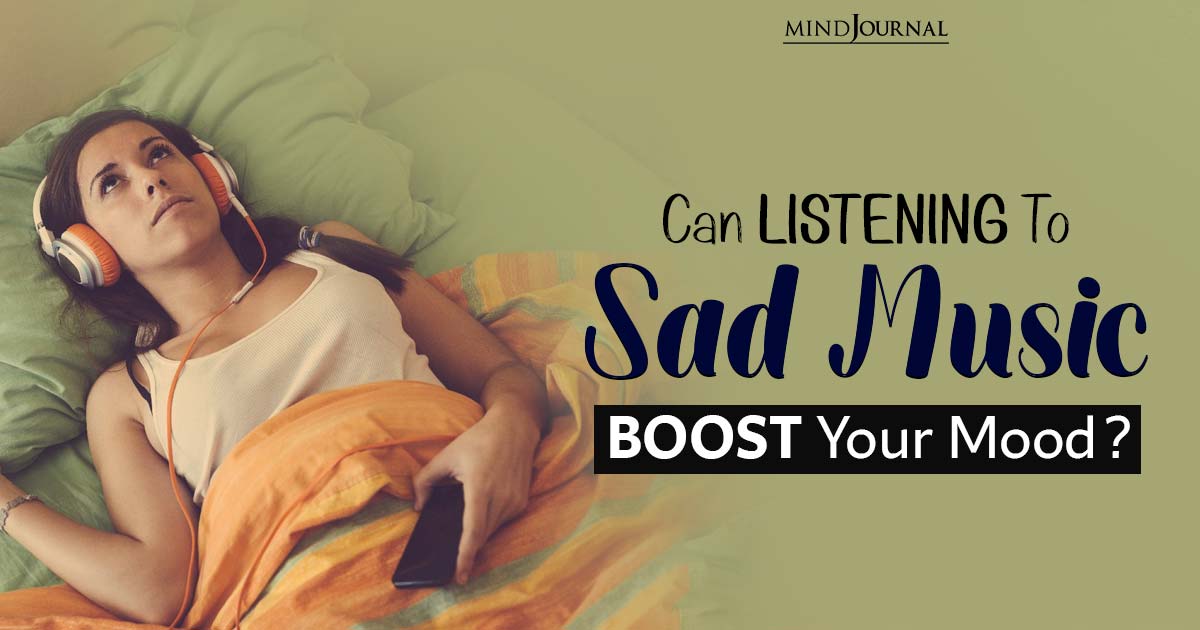
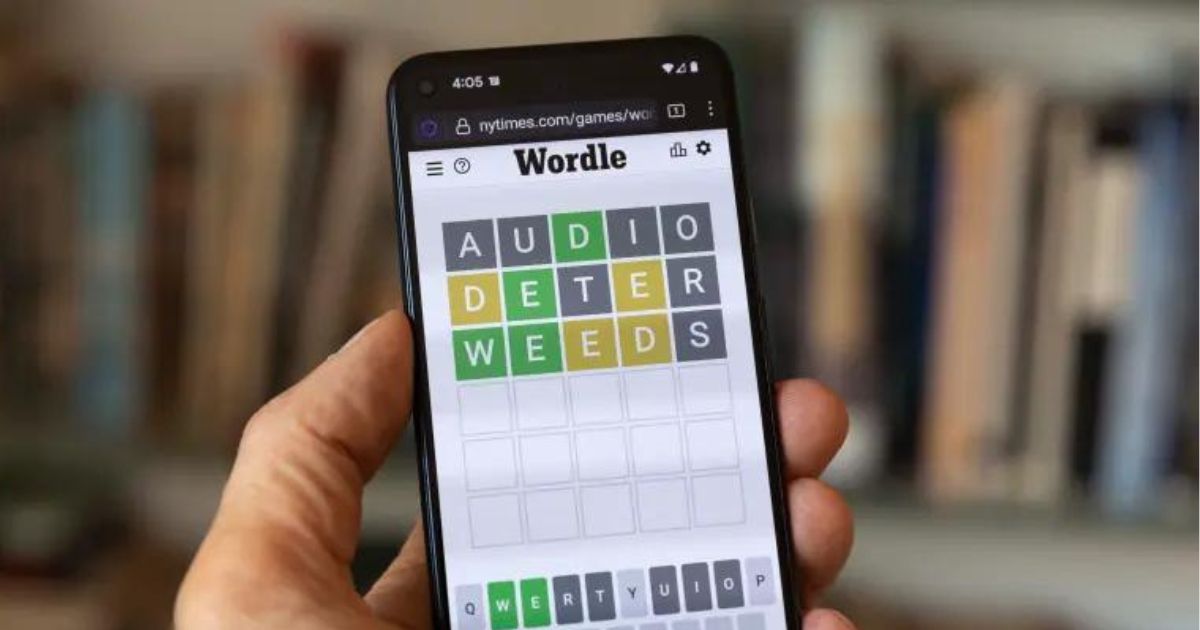



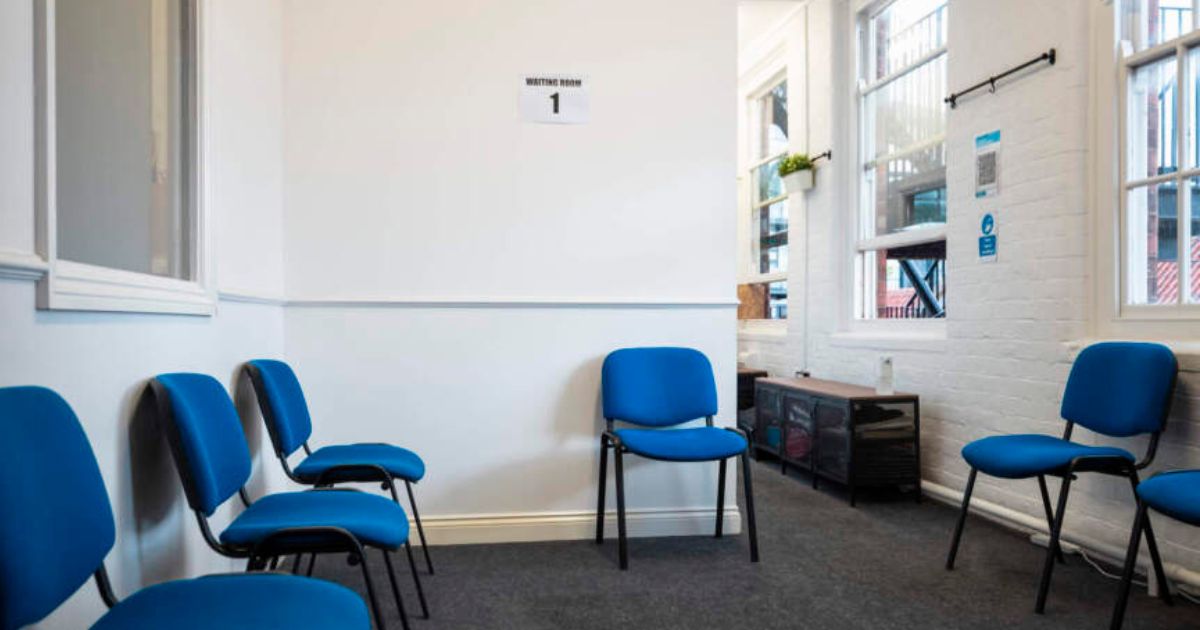


Leave a Reply
You must be logged in to post a comment.